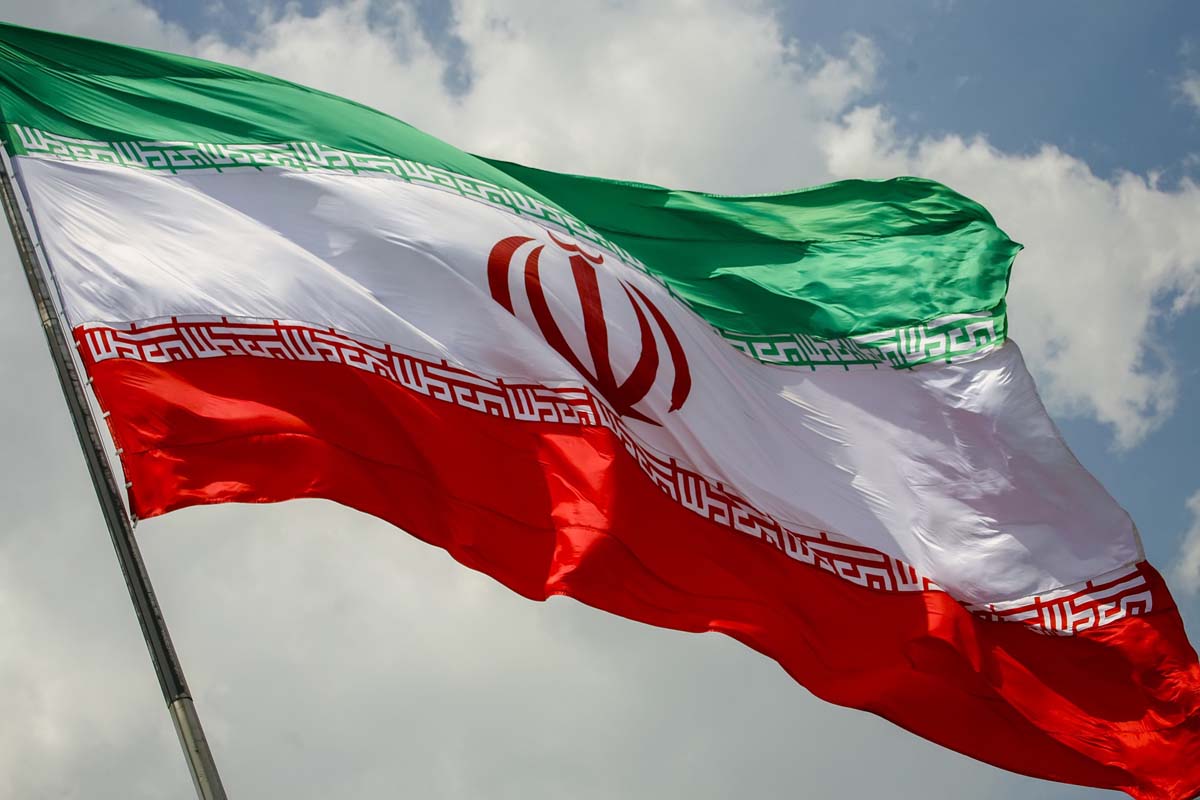
403
Sorry!!
Error! We're sorry, but the page you were looking for doesn't exist.
Iran won’t negotiate its defense capabilities in nuclear discussions
(MENAFN) On Monday, Iran declared that its defense capabilities will not be part of any discussions regarding its nuclear program.
At a press briefing in Tehran, Foreign Ministry spokesperson Esmail Baqaei stated, “Iran’s defensive capabilities will never be subject to negotiations,” as reported by state media.
Baqaei also noted that no international nuclear inspectors are currently present in Iran, though he confirmed that Massimo Aparo, the deputy director general of the International Atomic Energy Agency (IAEA), is expected to visit within the next ten days.
He mentioned that Iran’s parliament has passed legislation pausing certain parts of the country’s cooperation with the IAEA, and that decisions on future steps will be made following Aparo’s visit.
Earlier this year, on May 16, the three European parties to the 2015 nuclear agreement — the UK, France, and Germany — met in Istanbul and agreed to maintain communication amid indirect talks between Iran and the United States.
These negotiations, facilitated through Omani intermediaries, were disrupted after Israel launched a surprise attack on Iran on June 13. This strike sparked a 12-day conflict targeting various military, nuclear, and civilian locations, as well as senior Iranian military personnel and nuclear scientists.
In response, Tehran carried out missile and drone attacks, while the US bombed three Iranian nuclear facilities.
The hostilities ended with a US-backed ceasefire that came into effect on June 24.
At a press briefing in Tehran, Foreign Ministry spokesperson Esmail Baqaei stated, “Iran’s defensive capabilities will never be subject to negotiations,” as reported by state media.
Baqaei also noted that no international nuclear inspectors are currently present in Iran, though he confirmed that Massimo Aparo, the deputy director general of the International Atomic Energy Agency (IAEA), is expected to visit within the next ten days.
He mentioned that Iran’s parliament has passed legislation pausing certain parts of the country’s cooperation with the IAEA, and that decisions on future steps will be made following Aparo’s visit.
Earlier this year, on May 16, the three European parties to the 2015 nuclear agreement — the UK, France, and Germany — met in Istanbul and agreed to maintain communication amid indirect talks between Iran and the United States.
These negotiations, facilitated through Omani intermediaries, were disrupted after Israel launched a surprise attack on Iran on June 13. This strike sparked a 12-day conflict targeting various military, nuclear, and civilian locations, as well as senior Iranian military personnel and nuclear scientists.
In response, Tehran carried out missile and drone attacks, while the US bombed three Iranian nuclear facilities.
The hostilities ended with a US-backed ceasefire that came into effect on June 24.

Legal Disclaimer:
MENAFN provides the
information “as is” without warranty of any kind. We do not accept
any responsibility or liability for the accuracy, content, images,
videos, licenses, completeness, legality, or reliability of the information
contained in this article. If you have any complaints or copyright
issues related to this article, kindly contact the provider above.

















Comments
No comment